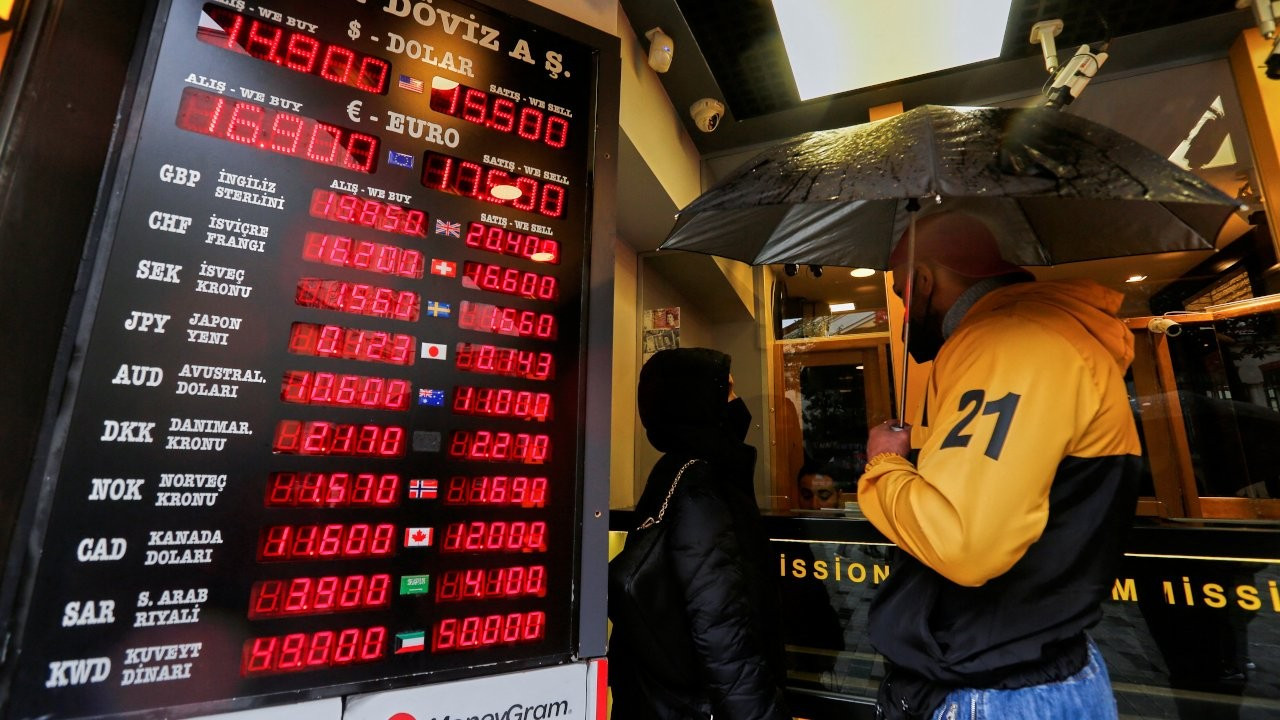Turkish finance minister briefs banking sector on new economic model
Turkey's Finance Minister Nureddin Nebati has briefed the country's banking association, BDDK banking watchdog and state bank managers on the government's new low-rates economic model.
Reuters
Turkey's Finance Minister Nureddin Nebati has briefed the country's banking association, BDDK banking watchdog and state bank managers on the government's new low-rates economic model, the association said on Dec. 18, after the lira currency sank to record lows.
The lira fell beyond 17 to the U.S. dollar on Dec. 17 after fears mounted of an inflationary spiral, brought on by President Recep Tayyip Erdoğan's policy in the face of soaring prices.
In a statement, the banking association said the goal of the meeting was to discuss "healthy, consistent growth," adding that developments in the banking sector, as well as the domestic and global economy, had been evaluated.
"Our banks will continue to use their resources to meet the financial needs of households and the real economy, within the free-market mechanism that operates with its rules," it said.
Despite criticism from economists and opposition lawmakers, Erdoğan has pressed for the monetary easing to boost credit, exports and growth ahead of elections in 2023, prompting the lira to lose 55% of its value against the dollar this year, including nearly 40% in the last month alone.
The sharp depreciation has sent the lira-equivalent value of foreign currency loans soaring, putting pressure on banks' capital adequacy ratios (CAR), which are measured in local currency.
Reuters reported on Dec. 17 that Turkish authorities are working on possible relief measures for banks caught between the currency crash and capital requirements, including a potential capital injection for state banks.
Earlier on Dec. 18, Turkey's biggest business group TÜSİAD called on the government to abandon the current monetary policy, urging a return to "rules of economic science."

 Despite economic crisis in Turkey, hundreds of millions spent on presidential securityEconomy
Despite economic crisis in Turkey, hundreds of millions spent on presidential securityEconomy 'Turkey suffering from chronic inflation because of Erdoğan's mistakes'Economy
'Turkey suffering from chronic inflation because of Erdoğan's mistakes'Economy Turkey's new minimum wage decreases by $10 in less than a dayEconomy
Turkey's new minimum wage decreases by $10 in less than a dayEconomy Turkey's currency crisis deepens after Erdoğan's latest rate cutEconomy
Turkey's currency crisis deepens after Erdoğan's latest rate cutEconomy